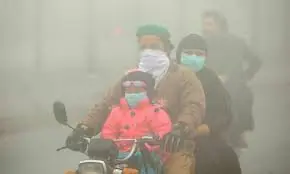Oil gains on signs of output cuts, improved demand
LONDON (Reuters) - Oil prices rose slightly on Tuesday amid signs that producers are cutting output as promised just as demand picks up, stoked by more countries easing out of curbs imposed to counter the coronavirus pandemic.
Benchmark Brent crude climbed 7 cents, or 0.2%, to $34.88 a barrel by 0907 GMT, after earlier touching its highest since April 9.
U.S. West Texas Intermediate crude was up 70 cents, or 2.2%, at $32.52 a barrel.
“The market sees both forces aligning: the cuts OPEC+ promised are materialising and other non-member production shut-downs are also really helping to limit the oversupply,” said Paola Rodriguez Masiu, senior oil markets analyst at Rystad Energy.
“Meanwhile, lockdown measures are removed globally and the economy needs fuel to restart.”
The June WTI contract expires on Tuesday, but there was little sign of a repeat of the historic plunge below zero seen last month ago on the eve of the May contract’s expiry amid signs of rising demand for crude and fuels.
The July WTI contract was up 12 cents per barrel at $31.77.
The market was boosted earlier by signs that output cuts agreed by the Organization of the Petroleum Exporting Countries (OPEC) and others including Russia, a group known as OPEC+, are being implemented.
OPEC+ cut its oil exports sharply in the first half of May, companies that track shipments said, suggesting a strong start in complying with their latest pact to curb output.
U.S. production is also falling, with crude output from seven major shale formations expected to fall to 7.822 million barrels per day in June, the lowest since August 2018, according to the U.S. Energy Information Administration.
A recovery in fuel demand in India also gathered momentum in the first half of May.
Still, global demand recovery is expected to be slow as some restrictions remain and there is a significant risk of repeat outbreaks and lockdowns.
The Eurasia group urged caution on oil consumption, citing “a global recession, cautious consumers, and a later and potentially worse peak of the coronavirus outbreak in emerging markets such as Latin America, Africa, and South Asia”.
















Comments are closed on this story.